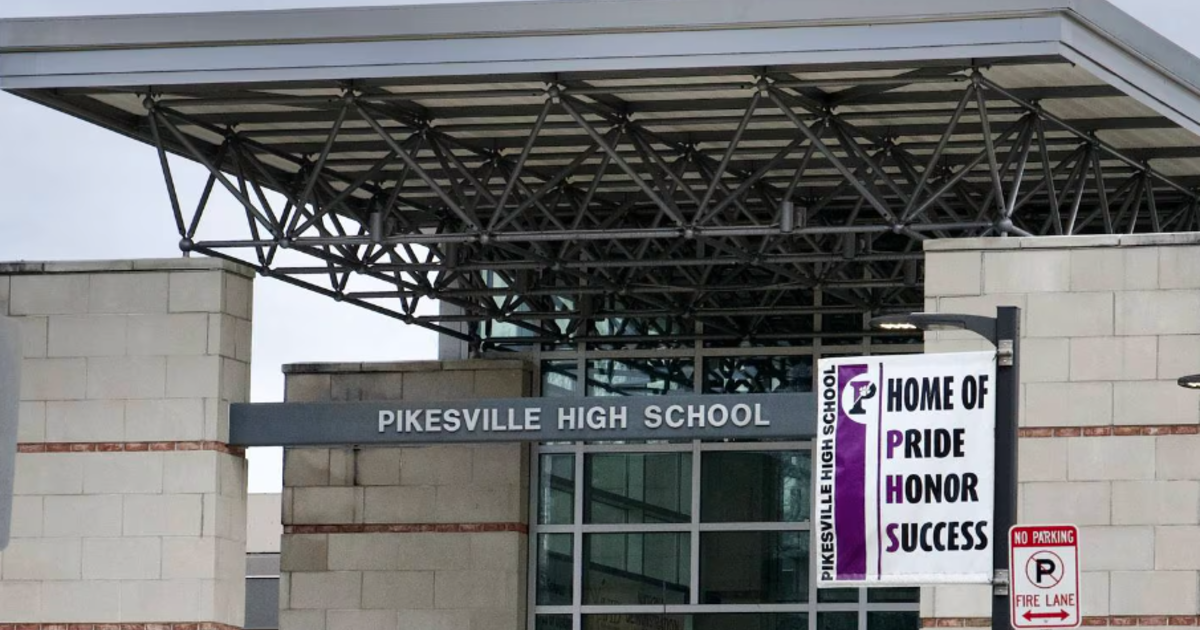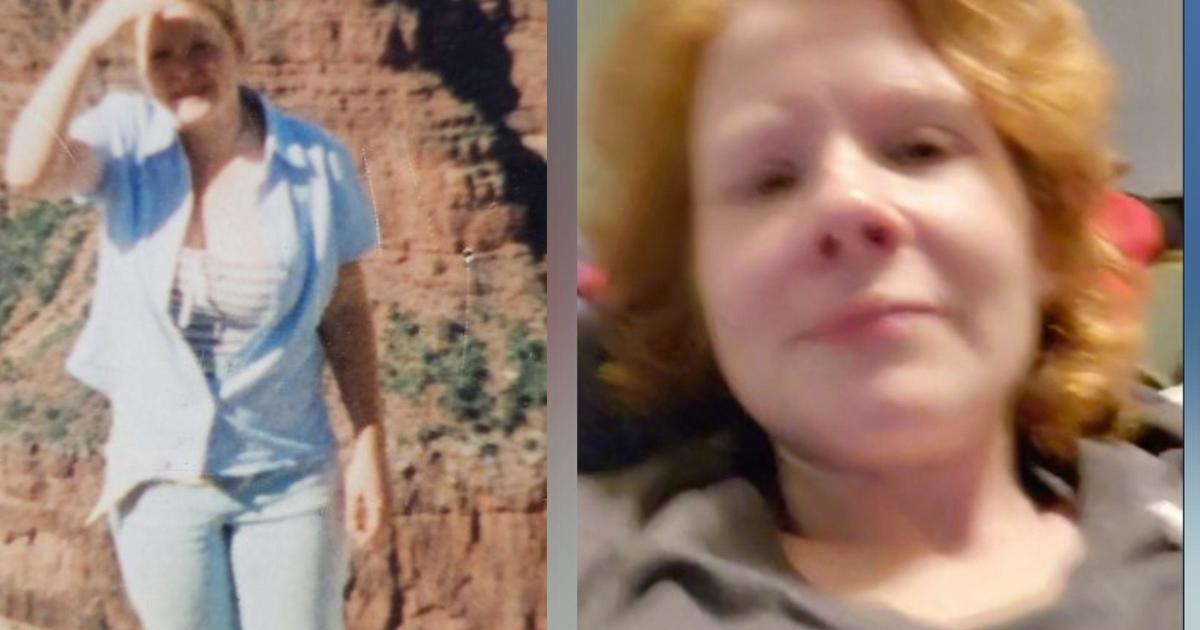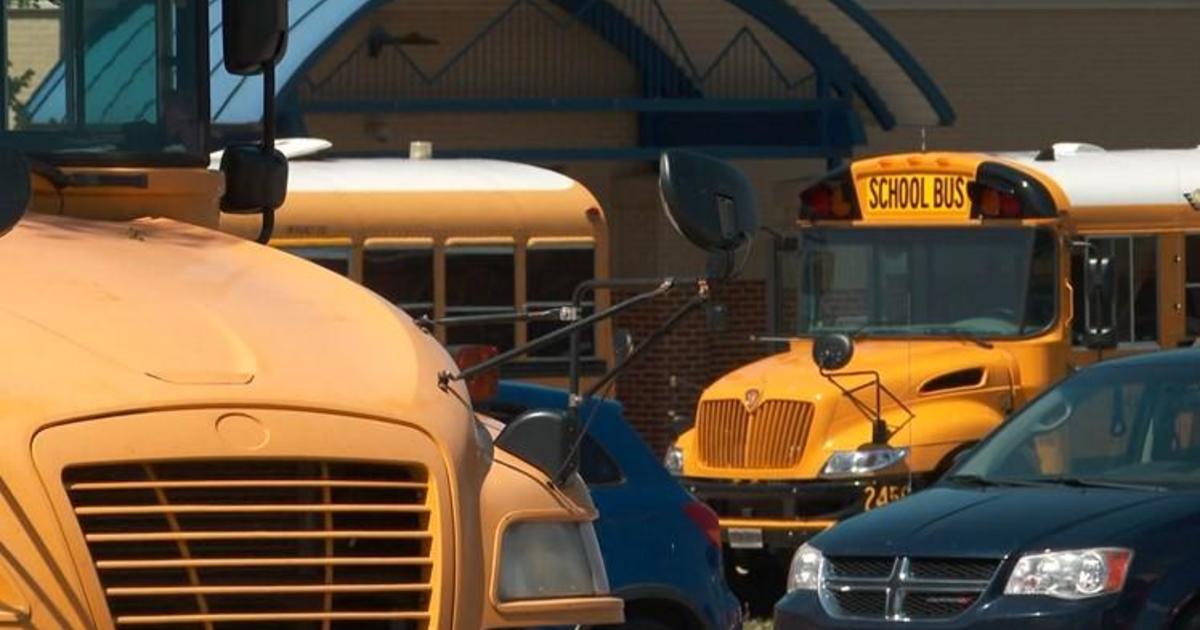Defense Rests In Trial of Lt. Brian Rice; Closing Arguments Set for Thursday
BALTIMORE (WJZ) — The defense has rested in the trial of Lt. Brian Rice. After a strong push to have all of Officer Porter's past testimony admitted in court, the judge decided only portions of it will be allowed.
Rice is the highest ranking officer facing charges in the arrest and death of Freddie Gray.
Investigator Mike Hellgren has the latest on the defense's case.
RELATED: Who's Baltimore Lieutenant Brian Rice?
The defense was short but they scored a key win with the judge allowing in a lot of Officer Porter's past testimony in this case. Closing arguments are set for Thursday.
Lt. Brian Rice left court minutes after his defense rested. He did not testify but his lawyers called medical experts who believe Freddie Gray suffered injuries just before the van's final stop, clashing with prosecutors, who say Gray was injured early on and police did nothing to help him.
RELATED: Timeline: Freddie Gray's Arrest to His Fatal Spinal Cord Injury
"If any of us were ever involved in a protest and we were placed in the back of a police van, we must expect much better care of our personhood, of our safety, than what Freddie Gray received," said Doug Colbert, University of Maryland law professor.
The defense won a victory when the judge allowed old testimony from co-defendant Officer William Porter, describing a chaotic crowd during the arrest that would have made it dangerous to secure Gray with a seatbelt.
"The prosecution was trying to have its cake and eat it, too. They gave immunity so they could get the part of Porter's testimony they wanted," said David Jaros, University of Baltimore School of Law.
Freddie Gray's family attorney Billy Murphy spoke during a forum on CBS Radio on why it has been so difficult to get a conviction for Gray's death.
"There was no camera in the back of the van and so nobody knows for sure what happened in the back of that van except that Freddie Gray got a tragic injury," he said.
"It is often hard to get police officers to work with and help the prosecution prosecute one of their own and so there's no question this was a challenge. I don't think, when I look back, any particular error on part of the prosecutors contributed to the outcome. I think it has been tried well and we just have to see how the judge views all the evidence," Jaros said.
Murphy also said it's difficult to get convictions in these types of cases because police are investigating themselves so you can't rely on the integrity of those investigations. Click here to read more about his comments.



